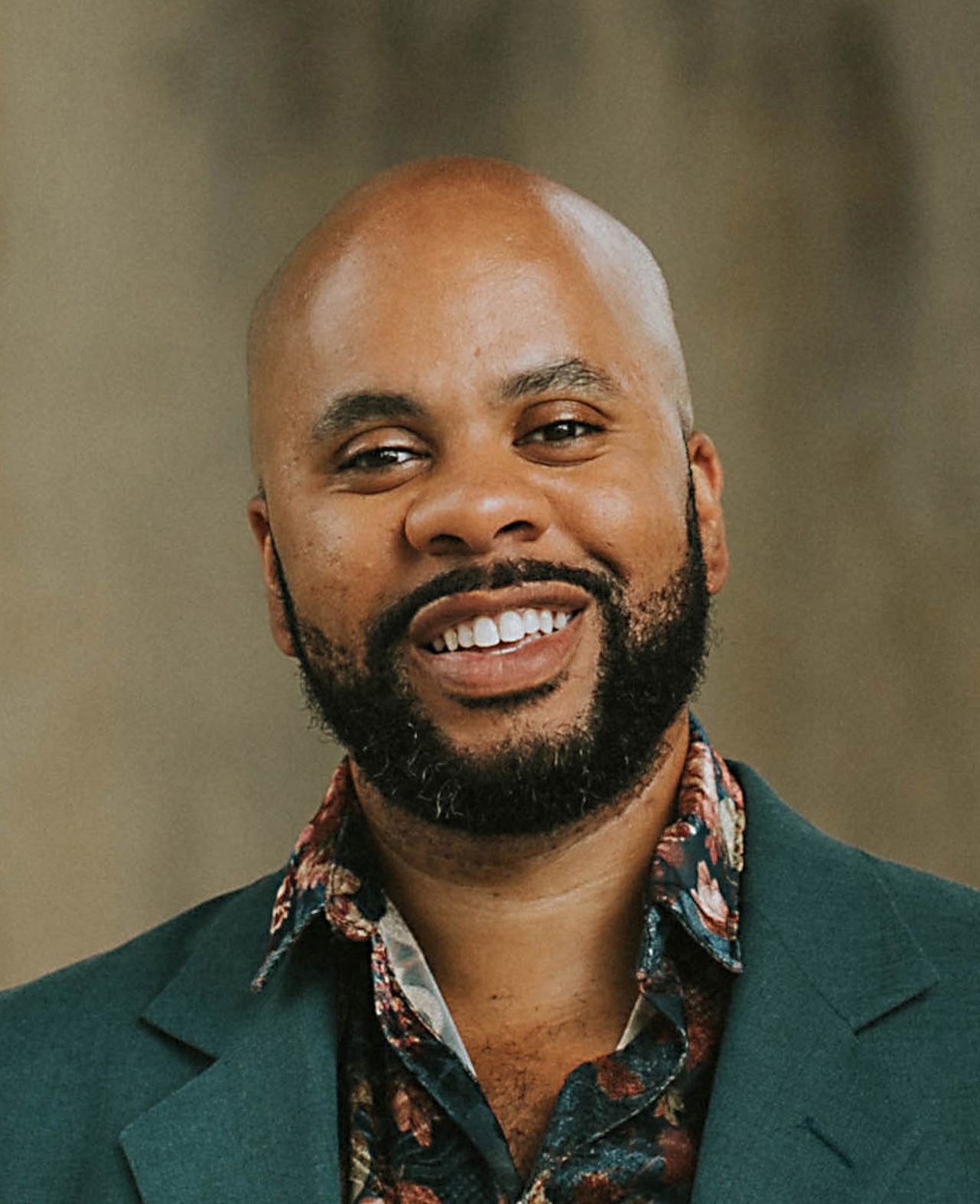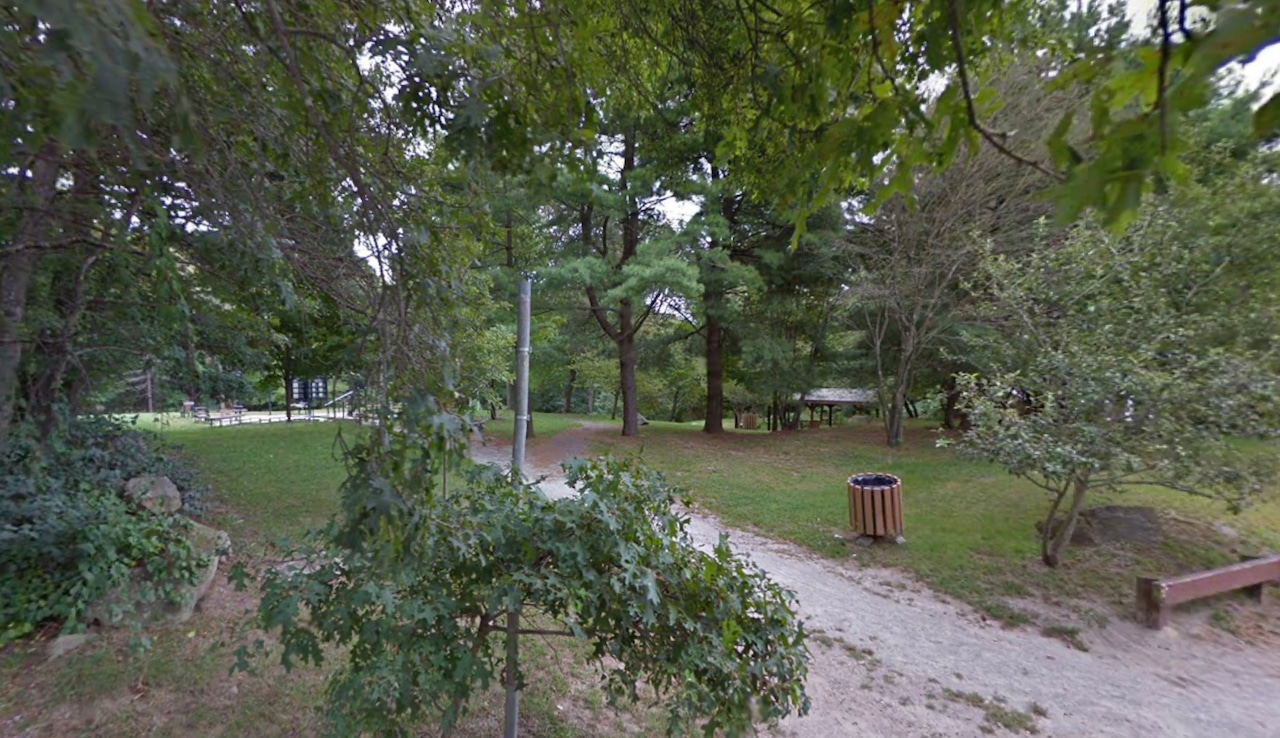
Dear Eric: I did a bad thing — I ghosted a friend. The friendship made me uncomfortable. I thought he had romantic feelings for me, or maybe he just wanted more from the relationship than I did.
Since I had moved to a different city, I became very slow to respond to texts/calls and basically stopped. Then the pandemic hit and he reached out to see if I was OK, and still I did not respond. This was cruel. I think about it regularly and have spent therapy dollars talking about it, and still I have done nothing.
I hurt someone who cared about me, and I want to apologize for that, but I don’t want to open the door to a relationship. Can you help?
— Disappearing Friend
Dear Friend: You may have ghosted but you’re the one being haunted. The way to exorcize your guilt is to own up to your part and see if there’s a way to make amends. That being said, it’s important to listen to your initial discomfort.
You’re not obligated to put yourself in a position that could harm you as recompense for an unkind act. So proceed with caution here — make a script with your therapist and figure out what your goals actually are. You don’t want to re-establish a connection; you just want to clear the air.
Consider a letter instead of a phone call or text. I think you’re holding yourself to a stricter standard that you need to and causing yourself misery.
Friendships ebb and flow all the time. Sometimes the hardest part is acknowledging that a connection has changed or doesn’t feel right anymore. I asked Anna Goldfarb, author of “Modern Friendship: How to Nurture Our Most Valued Connections” and the Substack newsletter Friendship Explained, for a helpful script:
“I like the ‘gracious, direct, and warm’ method when declining invitations,” Goldfarb said. “‘Thank you for reaching out, Becky [gracious], but I’m not available to get together for lunch this week [direct]. Have a great day! [warm].’ Repeat as necessary.”
By the way, when talking about your situation with Anna, she had a different read than I did; it’s worth considering:
“Studies show social rejection hurts as much as physical pain, so you feel like you’ve harmed him and are wracked with guilt. But I’m not convinced an apology is in order. We are not morally obligated to respond to sporadic unsolicited messages from acquaintances who live in other cities. That’s the risk this friend took in texting you out of the blue; you may not respond. Them’s the breaks!”
What you want to focus on is your emotional health and well-being. Sometimes we don’t get it right when communicating with other people. We can always apologize and try to do better, but you don’t have to torture yourself with what you imagine is your former friend’s emotional state.
(Send questions to R. Eric Thomas at eric@askingeric.com or P.O. Box 22474, Philadelphia, PA 19110. Follow him on Instagram and sign up for his weekly newsletter at rericthomas.com.)
©2024 Tribune Content Agency, LLC.






